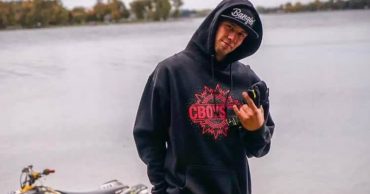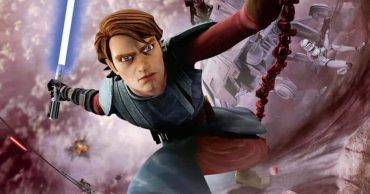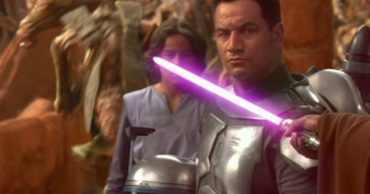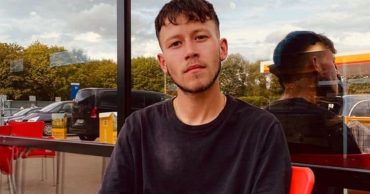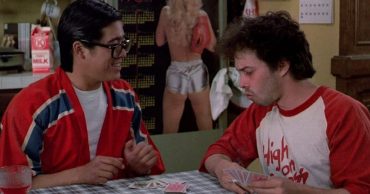Mitski’s confessional style of Indie rock has propelled her into the spotlight lately. She’s sung much about her feelings, ranging from deep love to anger. She pours her personal take on themes of social confusion, growing up, inferiority, trying to fit into relationships and rebellious struggles. She’s been completely open about her biracial background, in a new age of empowerment for biracial Japanese. Mitski’s Japanese-American heritage has become increasingly common over the past decades, but there are still many in Japan who view biracial Japanese as “hafu”, meaning “half-half”, and social consciousness has not significantly broadened. Mitski openly takes on these, and a myriad of relationship issues, and channels them into her song lyrics. She also embraces the amazing ability of the Japanese to express incredibly raw emotions within the context of artistic expression; even though the culture itself is astonishingly private about itself when in public. For some, her gut-wrenching lyrics and performances point toward a modern American version of romantic purity… the idea held over from previous eras that romantic love and angst are the purest forms of expression. But Mitski is much more than that. She is Japanese-American, and her intelligent performances are a uniquely Mitski synthesis of all that she is.
Mitski almost missed being born in Japan.
It was 1990 in the Democratic Republic of Congo. Mitski’s family lived there, but it was important to them that their child be a Japanese citizen. For that to happen, Mitski’s mother, who was very pregnant, took an airplane flight to Japan to give birth to Mitski. Mitski was just a newborn when her mother took the return flight to Africa, bringing her daughter home to the family.
Mitski entered Hunter College as a film student but switched to study music at SUNY Purchase.
She spent years studying classical piano before she started playing guitar. She was a singer/songwriter through her college years, studying composition. Her early records tended toward that style. But, she was inspired by her mother’s Japanese pop songs and her father’s international folk music. Her own musical preferences lean toward M.I.A., Mica Levi, Björk, Mica Levi, M.I.A. and Shiina Ringo. So, in 2014, she learned how to play guitar and she began to make songs which felt just right for her own style.
The first time she screamed in the studio was recording “Drunk Walk Home”.
Mitzi practiced by herself first. She said her first set of screams were “pretty tame” and she attributed that to her shyness. Then, her recording engineer took a turn. That set of screams was better, and Mitzi’s competitive nature took over. She out-screamed the recording engineer for the record. She told Rollling Stone Magazine that she is “easily coerced by competition”. But the end result was the perfect screaming.
Hear her now-famous scream at 2:15 on this video:
Marceline covers Mitski’s song “Francis Forever” on Adventure Time.
It’s a nice musical moment, and it’s on one of the most popular animated shows on Cartoon Network. Fans of the show really like the skillful blending of humor and politics, and Marceline is a vampire who is punk and totally shreds. Marceline and Mitski’s moment were part of the Battle of the Bands during The Music Hole episode, and internet commentary announced that Mitski had “hit the big time”.
Mitski remembers all her emotions vividly.
She described her personal tendency as being a “conveniently photographic memory of emotions”. She said that carrying so many memories of emotions can become overwhelming for her at times, because “things don’t fade” away for her. Her life replays in her thoughts over and over as the emotions grow in number. She loses sleep regularly due this ability, sleeping less and less each year. She feels that she is able to write her music emotively because of it.
 Follow Us
Follow Us
